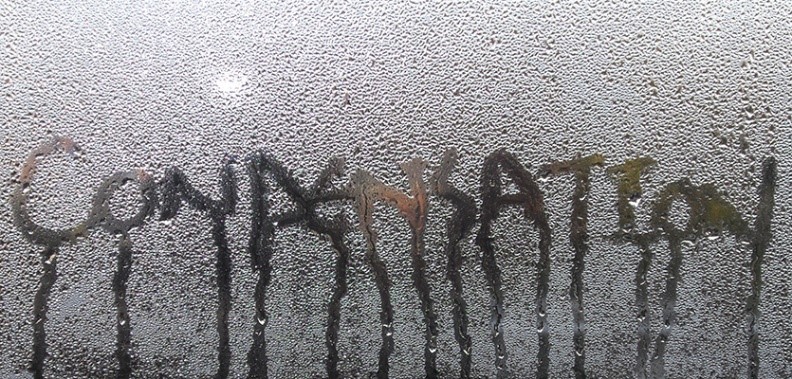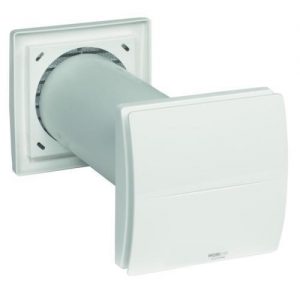Unfortunately, most homes are likely to fall prey to condensation at some point or another. Condensation occurs when water vapour is created, and when it builds up and saturates. You may be causing condensation through boiling kettles, or even simply hanging a few clothes out to dry. It is important to understand how to stop condensation, simply because if left untreated, it can lead to mould growth, which can lead to breathing problems.
For that reason, LABS is always here to help you find new ways to stop condensation. Here are a few tips you can use, as well as some devices and ideas which will help to cut down the moistening of your interior walls.

Increase Ventilation
 When learning how to stop condensation, you must first understand that without proper ventilation, water vapour is simply going nowhere fast. It is going to build up on walls and windows, and it could produce mould or growths that could pose health risks.
When learning how to stop condensation, you must first understand that without proper ventilation, water vapour is simply going nowhere fast. It is going to build up on walls and windows, and it could produce mould or growths that could pose health risks.
To ventilate properly, you could use extractor fan units, or you could simply choose to open a window or two more regularly during the day! Opening windows, sadly, isn’t going to cut down on the problem completely. This is especially the case when it comes to heavy condensation, or serious mould growth.
Have Your Home Inspected
Believe it or not, condensation build up can occur as a result of problems in your building’s overall structure. This can occur in older homes where there is no efficient moisture control system in place. Modern homes shouldn’t really suffer in this regard. However, it makes sense to have your property fully inspected wherever possible.
You can look online for tell-tale signs of poor moisture control, however, it is likely going to be quicker and easier for you to ask for help from an expert who can look at a clean course of action to take. You should never try to adjust or fix structural problems in your home on your own.
Install Damp Proof Coursing or DPC
DPC is a standard which we always recommend when it comes to fighting back against moisture and condensation. Homes built with a solid DPC in place will be better protected against moisture build-up. This means you have a frontline of defence, at least, should mould start wanting to creep up the walls.
Poor DPC systems or homes without moisture control are those which tend to date back decades, even centuries. It is a modern standard in most contemporary homes and new builds. Therefore, if your property is fairly new, you shouldn’t have much to worry about. However, it always pays to check just in case!
Switch Down the Heat
We understand that it can be hard to live without constant heat during the colder, wetter months. However, intense heat on a constant basis is always going to breed moisture, and therefore condensation. If you have any hope of learning how to stop condensation in your home, you are going to need to focus on finding heat in different ways. Can you work with a lower heat for a while? What about making sure your home is completely insulated?
There is no harm in making the most of your central heating. However, when left to power on at its top setting all day and all week, you may well start to see signs of condensation and mould. Try not to dry your clothes on radiators all week – hang them up in plenty of advance in cool, dry areas and they will be ready for you to iron in a day or two. That is, of course, if you can’t get your garment outside for wind drying.
Use a Humidistat
One of our preferred options for reducing condensation here at LABS is a humidistat. This technology will accurately measure the humidity in your home, and will let you know when moisture levels are getting too high. It works in a similar fashion to a thermostat, in that it analyses the atmosphere and lets you know what you can expect.
You should ventilate your home if your humidistat advises that levels are particularly high. Therefore, make sure to install such a system as standard as soon as physically possible.
Call LABS Today
Want to know more about how to stop condensation in your home? Are you in need of damp-proofing for your basement or elsewhere? Come and have a quick chat with our team. Call us directly on 0114 230 2865 for friendly advice and guidance, or do email us via form if you’d like to know more about what LABS can do for you.

